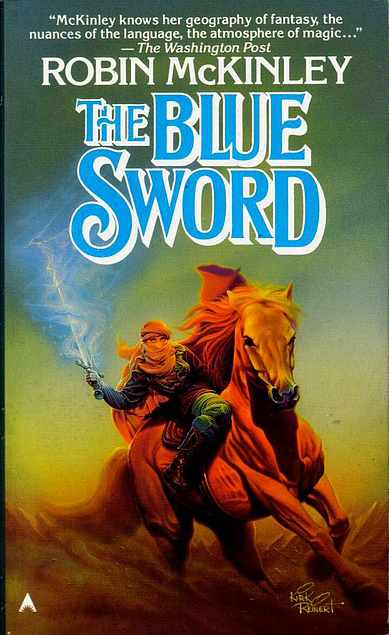A group of eight boys go trick-or-treating on Halloween, only to discover that a ninth friend, Pipkin, has been whisked away on a journey that could determine whether he lives or dies. Through the help of a mysterious character named Carapace Clavicle Moundshroud, they pursue their friend across time and space through Ancient Egyptian, Ancient Greek, and Ancient Roman cultures, Celtic Druidism, the Notre Dame Cathedral in Medieval Paris, and The Day of the Dead in Mexico. — Wikipedia summaryIt's funny that in discussing the Pixar movie Coco with friends after having watched it recently, many of them had never heard of Dia de Los Muertos (Day of the Dead). Even those who are proud of their Hispanic heritage came across it first in this movie. Of course, this is because first and foremost they are Americans and Day of the Dead is not really celebrated in most of this country. And also I think that the holiday is mostly celebrated in Mexico so it would depend on country of origin.
Anyway, what made it oddest to me was that even with my purely Anglo and Kansas background, I felt as if I'd known about this holiday forever. Finally I figured out it was because of my love Ray Bradbury's writing and his love of Day of the Dead.
He wrote about it in his love letter to Halloween, The Halloween Tree. This is a great boys' adventure, a spooky tale, a story of sacrificial friendship, and a history lesson about the origins of Halloween. Bradbury leans a bit hard on Christians in this history, but to be fair I think that is how it was being told when he wrote it in 1972. It is definitely written for children but I enjoy rereading it every year so you can read along (or ahead) to enjoy it with the kids.
My own little tribute to the Day of the Dead is here from last year.
Scott Danielson loves this book even more than I do and we discussed it for Halloween 2016 at A Good Story is Hard to Find podcast.
Here's a bit from The Halloween Tree.
For now they knew why the town was empty.
Because the graveyard was full.
By every grave was a woman kneeling to place gardenias or azaleas or marigolds in a frame upon the stone.
By every grave knelt a daughter who was lighting a new candle or lighting a candle that had just blown out.
By every grave was a quiet boy with bright brown eyes, and in one hand a small papier-mâché funeral parade glued to a shingle and in the other a papier-mâché skeleton head which rattled with rice or nuts inside. ...
“Mexican Halloweens are better than ours!”
For on every grave were plates of cookies shaped like funeral priests or skeletons or ghosts, waiting to be nibbled by—living people? or by ghosts that might come along toward dawn, hungry and forlorn? No one knew. No one said. ...
And each boy beside the graveyard, next to his sister and mother, put down the miniature funeral on the grave. And they could see the tiny candy person inside the tiny wooden coffin placed before a tiny altar with tiny candles. ... And on the altar was a photograph of the person in the coffin, a real person once; remembered now.
“Better, and still better,” whispered Ralph. ...
“Oh, strange funny strange,” whispered Tom
“What?” said Ralph at his elbow.
“Up in Illinois, we’ve forgotten what it’s all about. I mean the dead, up in our town, tonight, heck, they’re forgotten. Nobody remembers. Nobody cares. Nobody goes to sit and talk to them. Boy, that’s lonely. That’s really sad. But here—why, shucks. It’s both happy and sad. It’s all firecrackers and skeleton toys down here in the plaza and up in that graveyard now are all the Mexican dead folks with the families visiting and flowers and candles and singing and candy. I mean it’s almost like Thanksgiving, huh? And everyone set down to dinner, but only half the people able to eat, but that’s no mind, they’re there. It’s like holding hands at a séance with your friends, but some of the friends gone. ...”


























